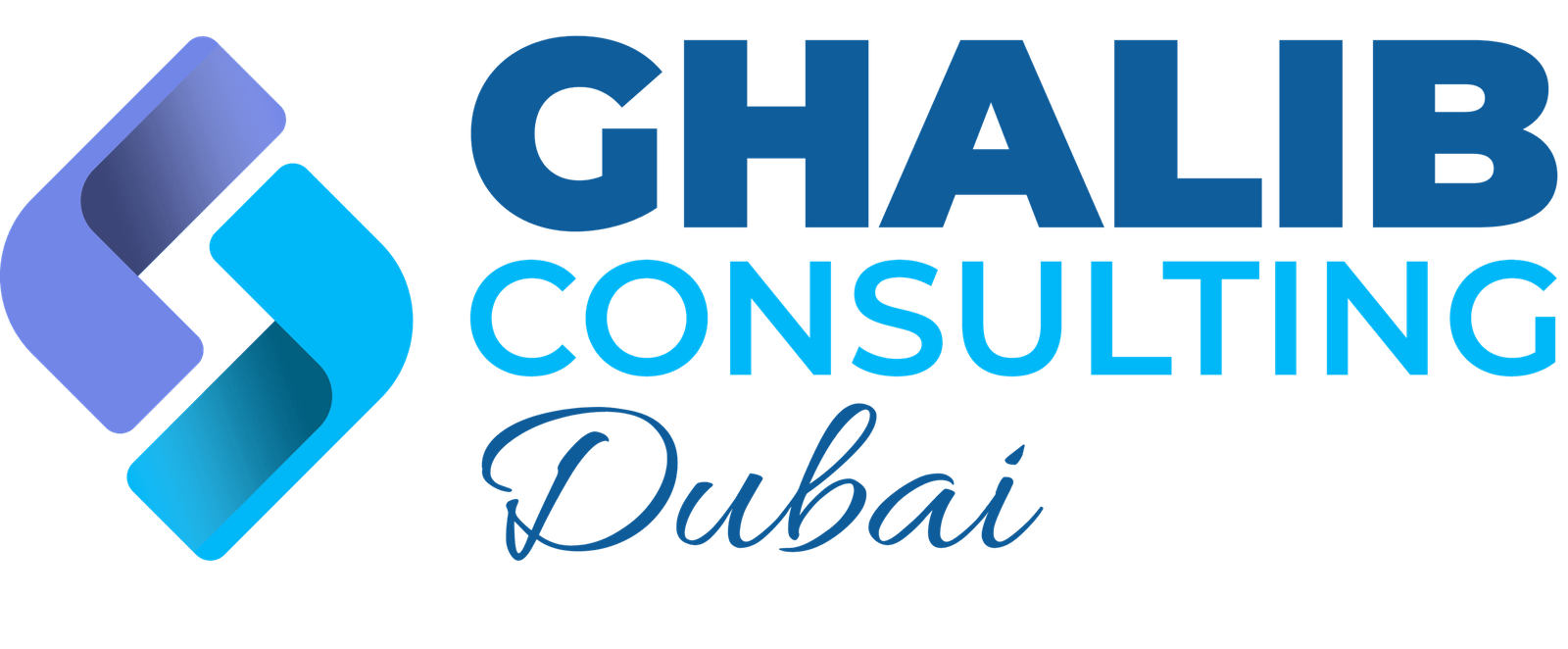Phone: +966-50-7024644 | Email: info@ghalibconsulting.com
Table of Contents
Internal Controls for Fraud Prevention in UAE & KSA Businesses | Ghalib Consulting
In today’s competitive business landscape across the UAE and KSA, organizations face increasing risks of financial fraud and operational errors. According to recent studies, Middle Eastern companies lose an average of 5% of their annual revenue to fraud. Implementing strong internal controls is no longer optional—it’s essential for business survival and sustainable growth.
At Ghalib Consulting, we specialize in helping UAE and KSA businesses develop comprehensive internal control systems that prevent fraud, reduce errors, and ensure regulatory compliance.
Why Internal Controls Matter in the UAE & KSA Context
1. Regulatory Compliance Requirements
- UAE: Federal Law No. 4 of 2020 on Commercial Companies
- KSA: Companies Law and VAT implementation regulations
- Anti-Money Laundering (AML) compliance requirements
2. Protecting Business Assets
- Prevent financial misappropriation
- Safeguard intellectual property
- Secure digital assets and data
3. Maintaining Investor Confidence
- Enhanced financial reporting accuracy
- Demonstrated commitment to corporate governance
- Improved stakeholder trust
Key Components of Effective Internal Controls
1. Preventive Controls: Stopping Problems Before They Occur
Segregation of Duties
- Separate authorization, custody, and recording functions
- Implement dual approval for significant transactions
- Establish clear hierarchy for financial approvals
Authorization Controls
- Defined spending limits for different management levels
- Proper documentation for all transactions
- Digital approval workflows
Physical Security Measures
- Access controls to financial systems
- Secure storage for physical assets
- Surveillance systems for high-risk areas
2. Detective Controls: Identifying Issues Early
Regular Reconciliation Processes
- Bank reconciliation within 5 business days
- Monthly inventory counts
- Accounts receivable/payable aging analysis
Internal Audit Function
- Quarterly operational audits
- Surprise cash counts
- Vendor verification procedures
Automated Monitoring Systems
- Real-time transaction monitoring
- Exception reporting
- Anomaly detection algorithms
3. Corrective Controls: Addressing Identified Issues
Incident Response Protocols
- Immediate investigation procedures
- Documentation requirements
- Regulatory reporting timelines
Disciplinary Measures
- Clear consequences for policy violations
- Consistent enforcement across organization
- Legal action guidelines for serious offenses
Industry-Specific Internal Control Considerations
For Trading Companies
- Inventory management controls
- Supply chain verification
- Customs compliance monitoring
For Service Businesses
- Project cost tracking
- Time sheet verification
- Client billing accuracy checks
For Manufacturing Operations
- Production quality controls
- Raw material verification
- Waste management monitoring
Implementing Internal Controls: A Step-by-Step Approach
Phase 1: Risk Assessment (Weeks 1-2)
- Identify vulnerable business processes
- Assess potential fraud scenarios
- Prioritize control implementation
Phase 2: Control Design (Weeks 3-4)
- Develop control policies and procedures
- Create documentation templates
- Design approval workflows
Phase 3: Implementation (Weeks 5-8)
- Staff training and awareness programs
- System configuration and testing
- Phased rollout across departments
Phase 4: Monitoring & Improvement (Ongoing)
- Regular control effectiveness reviews
- Update controls for business changes
- Continuous staff training
Common Internal Control Challenges in UAE & KSA Businesses
1. Cultural Considerations
- Balancing relationship-based business practices with control requirements
- Implementing controls without damaging business relationships
- Navigating hierarchical organizational structures
2. Resource Constraints
- Budget limitations for control implementation
- Limited internal expertise
- Competing business priorities
3. Technological Barriers
- Legacy system limitations
- Integration challenges with new software
- Cybersecurity concerns
How Ghalib Consulting Can Help
Our Internal Control Services Include:
✅ Fraud Risk Assessment
✅ Control System Design & Implementation
✅ Internal Audit Support
✅ Staff Training & Awareness Programs
✅ Ongoing Monitoring & Improvement
Case Study: Retail Business in Dubai
- Challenge: Inventory shrinkage of 8% annually
- Solution: Implemented inventory controls and surveillance systems
- Result: Reduced shrinkage to 2% within 6 months
The ROI of Effective Internal Controls
Tangible Benefits
- Reduced financial losses from fraud and error
- Lower insurance premiums for fidelity coverage
- Improved operational efficiency
- Reduced audit costs
Intangible Benefits
- Enhanced reputation in the market
- Better decision-making through accurate data
- Increased employee morale and trust
- Stronger competitive positioning
Future Trends in Internal Controls
Digital Transformation
- AI-powered fraud detection
- Blockchain for transaction integrity
- Automated control monitoring
Regulatory Evolution
- Increasing personal liability for directors
- Stricter data protection requirements
- Enhanced transparency expectations
Take Action Today
Don’t wait for a fraud incident to highlight your control weaknesses. Proactive internal control implementation is your best defense against financial losses and reputational damage.
Contact Ghalib Consulting for a complimentary internal control assessment:
- 📞 UAE: +971-XX-XXXXXXX
- 📞 KSA: +966-50-7024644
- 📧 Email: ghalib@ghalibconsulting.com

